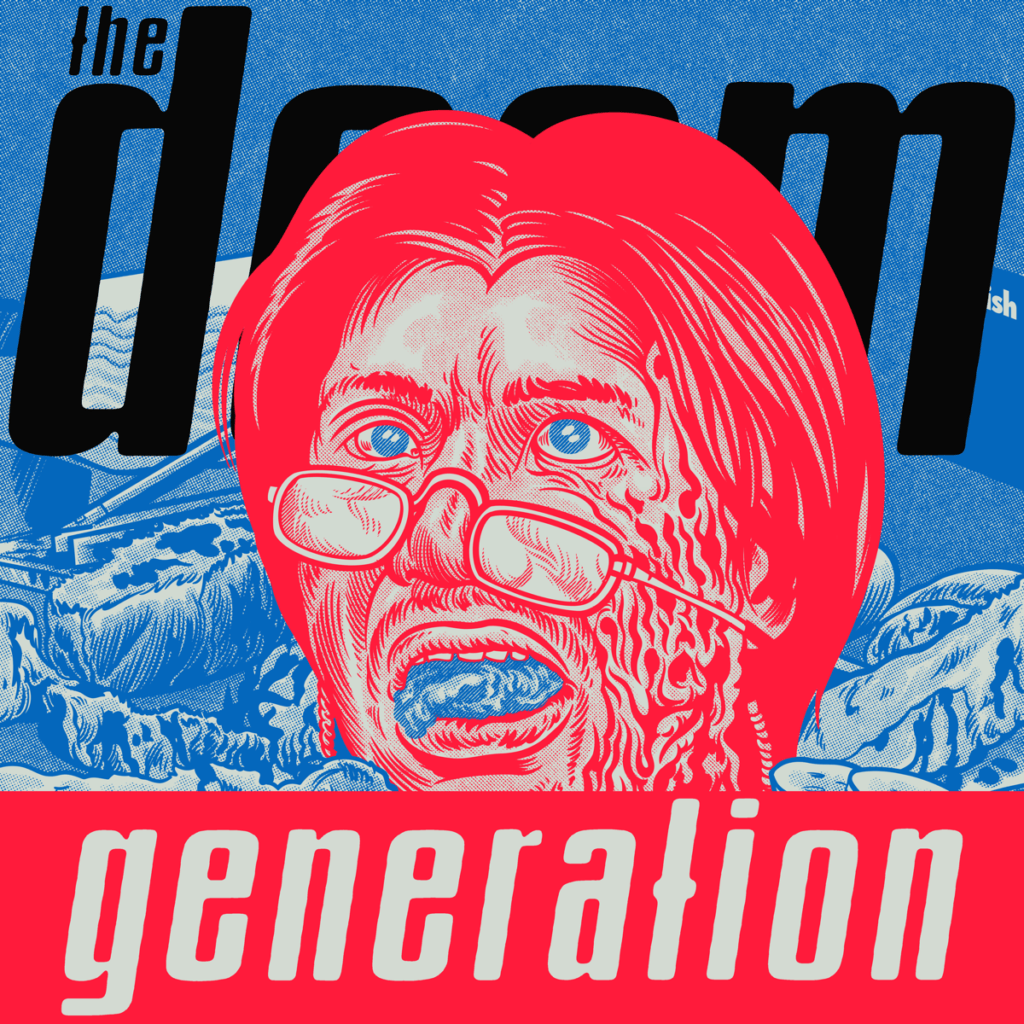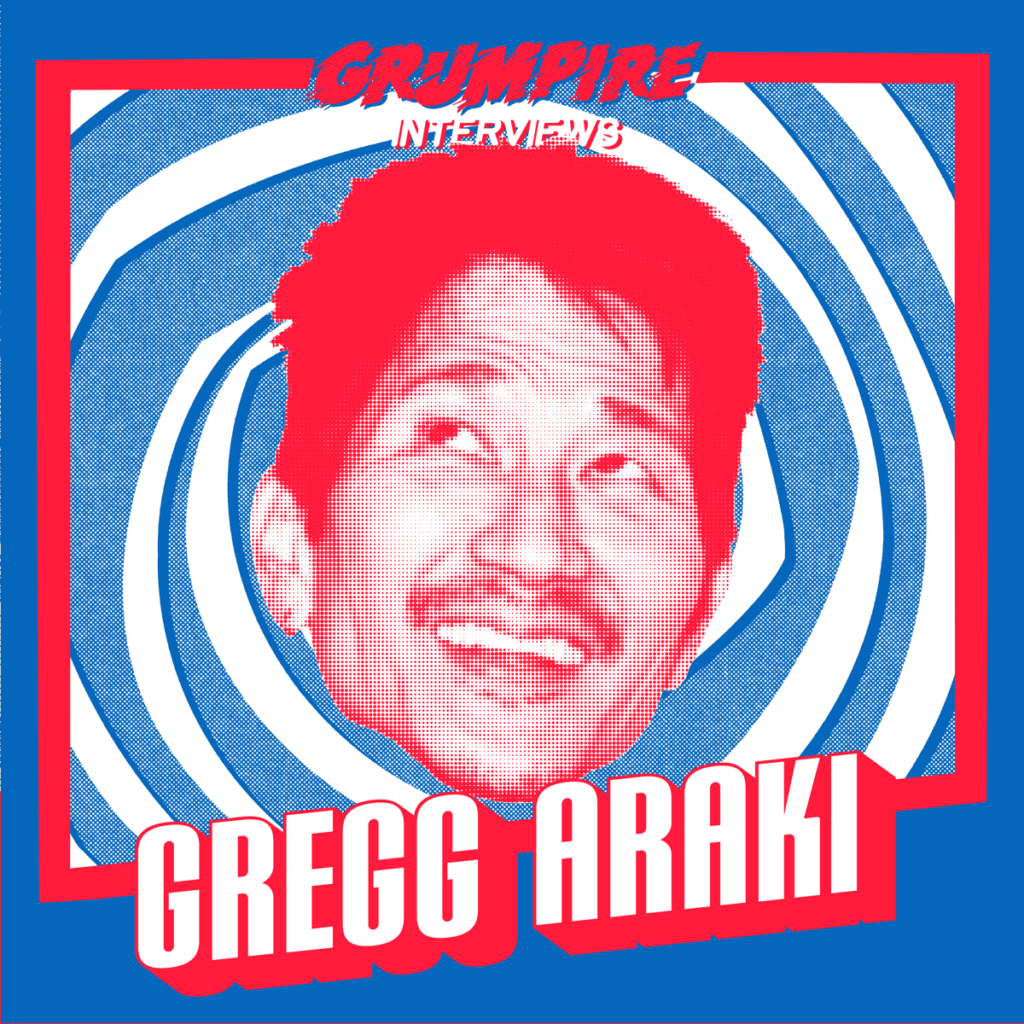GRUMPIRE 22: All For the Low Price of $6.66
Justin Harlan provides us with this special interview with filmmaker Gregg Araki, and the impressions below:
As I noted in my first piece on the Teenage Apocalypse Trilogy, I was introduced to Gregg Araki by The Doom Generation. In fact, I was introduced to a lot of things by The Doom Generation. I was introduced to actor James Duval by this film. I was introduced to the cult classic Riki-Oh: The Story of Ricky by this film (in a roundabout way mentioned in this podcast). I was introduced to new sexual feelings for the first time and the idea of more fluid sexuality that I didn’t even realize would impact my views on the topic until years later. I was introduced to the actress Rose McGowan whom I would become obsessed with for the following several years… and her ample bosom, a true landmark in my burgeoning sexuality. At a young age, I discovered this film and it opened up my world – cinematically, artistically, and sexually.
Touching on some of this in my discussion with the great Gregg Araki, I genuinely think this film has an awful lot to do with the type of films I have loved since that time and my views on sexuality. See, I identified as a straight male in my youth and still do now. But, up until this film, the idea of homosexuality and ambiguous male/male friendships was gross to me if not even something worse. While my church or my family weren’t altogether that conservative, I did grow up the son of a pastor and my upbringing was certainly at the height of Evangelical purity culture. After seeing The Doom Generation, almost immediately I felt differently. While I’ve been attracted to women all my life – including a lurid relationship in my head with the aforementioned Ms. McGowan – I never found homosexual kissing or sex on screen to be upsetting or gross again. In fact, it felt beautiful and valid and no different from heterosexual sexuality… even if it didn’t always turn me on. And, admittedly, there were times and there are times when it surely can be a turn-on. This film really made me start seeing that at an impressionable age and it stuck with me for life.
The other major contribution this film had to my life was in regard to my taste in art. The lo-fi aesthetics, dark humor, taboo subject matter, over-the-top scenarios, and quirky yet realistic dialogue all became things I sought out in film. By the time I saw this film, DIY music was a huge part of my life. The punk scene was my second home at a ripe early age and this film embraced that same DIY aesthetic. Beginning here, I have had a love for lower-budget cinema that embraces the outsider. There were likely other films around this time that fed this love as well, but it was always The Doom Generation that stood out in my head. So, even as genre film in the horror and sci-fi realms began to dominate my tastes, the type of low-budget aesthetic that Araki presented here has continued to influence the cinema I gravitate towards in a lot of ways. One could even point to the film’s difficult horror-tinged climactic moments as something that led me toward the darker side of film.
The iconic faces, the cameos, the decidedly fluid nature of the sexuality in a film that has the tagline “A Heterosexual Movie by Gregg Araki,” all of it… everything here works and everything here hits exactly the way it should. And, the brutal climax hits harder now than even in ’95. With the newly remastered film in select theaters now, there’s no better time to get excited about checking out this gem, whether for the first time or the 25th.
Thanks for checking out my thoughts on The Doom Generation and my interview with one of the most important filmmakers of the modern era on this special Grumpire podcast. I’ll be back in another couple of weeks with another special interview and a look at the third film in this thematic trilogy of alienation, being an outsider, and trying to cope as a young person in this fucked up, modern world. ★


